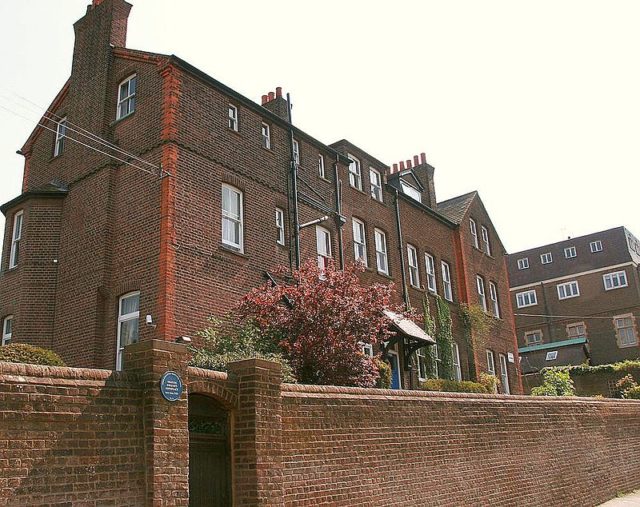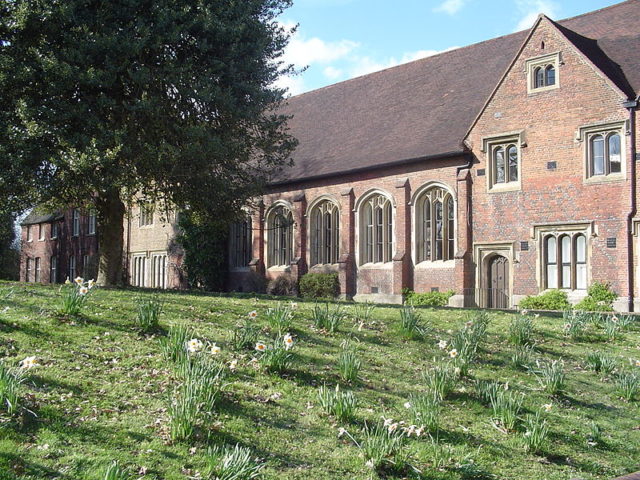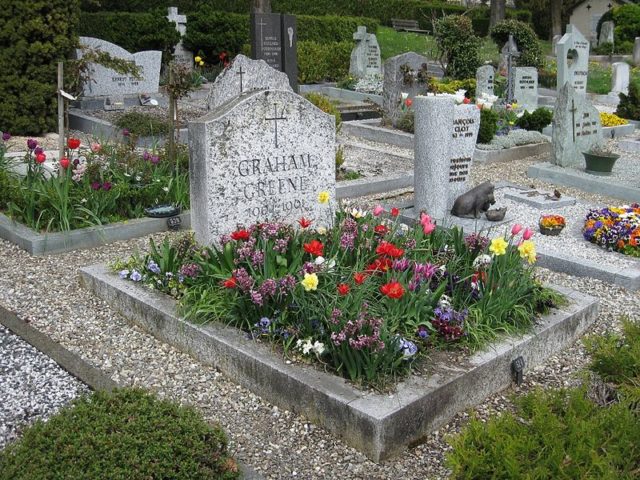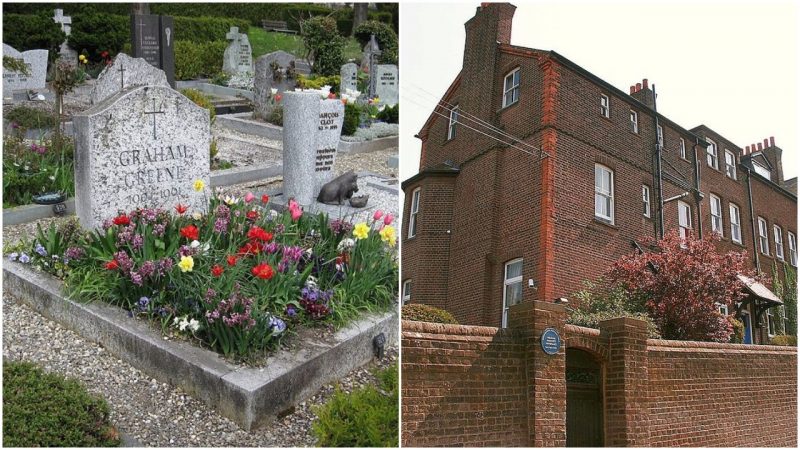The history of the literary canon has shown that writers often tend to be overly sensitive intellectuals who infuse their work with pieces of their troubled minds. Such is the case of Graham Greene, an influential English author who was twice nominated for the Nobel Prize in literature. Some of his major works, including “The Quiet American” and “The Third Man” extensively deal with espionage. Espionage was a part of Greene’s reality, as he was an active agent of the MI6.
Graham Greene was born in 1904 and suffered from severe depression since his early childhood. He attended the Berkhamstead School in Hertfordshire, where his father worked as a teacher. He was a reclusive and fragile child, and because of this he was frequently bullied by his classmates and older students.

He reportedly attempted suicide for the first time when he was 13 years old. He reportedly swallowed a handful of Aspirin pills and went swimming in the school pool, hoping that the pills would cause him to lose consciousness and drown. He ended up being sent to the headmaster’s office and received several weeks of detention, which was not an effective solution for his troubles.
His depressive episodes continued. In his official autobiography, he stated that he even attempted suicide by playing Russian roulette. In 1920, his parents decided to organize a psychoanalytical treatment for him. This was a controversial choice at the time since he was 16 years old and psychoanalysis was still in its early beginnings. The treatment didn’t work, and Greene returned to school.

Although he continued fighting depression for the rest of his life, he began shaping his troubles into literary endeavors when he was a college student. He attended the Balliol College at Oxford, where he studied history.
During his studies, he published a short collection of poetry entitled “Babbling April”. His poetry was poorly received by readers of the time, but that didn’t stop him from writing.

He soon switched to prose and wrote several books that were inspired by his deep praise of Christianity. However, his most famous works were a result of his fascination with espionage and guerrilla warfare.
He was briefly a member of the Communist Party of Great Britain and wanted to visit the Soviet Union. In 1957 he contributed to the revolutionary actions of Fidel Castro: he secretly transported warm clothes to the rebels that were hiding in the Cuban hills during winter.
